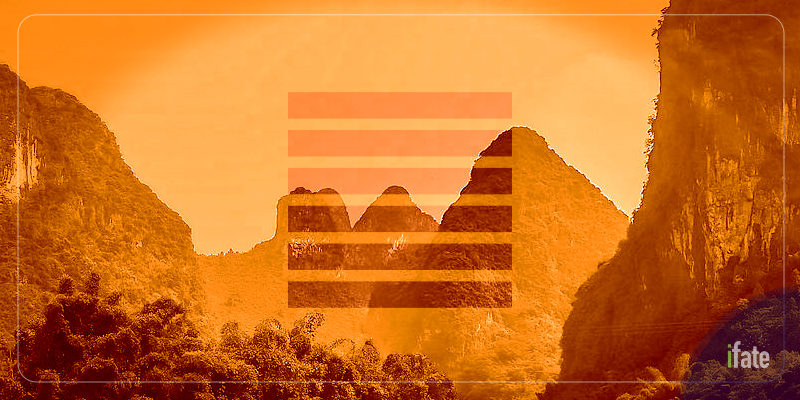Short Answer
Often cited as the “world’s oldest oracle”, the I Ching’s precise origins are clouded in mystery, legend, and millennia of lore.
While it is often said that the I Ching may have originated among the shamanic traditions of China’s mysterious Xia Dynasty and it’s legendary leader, Fu Hsi (or Fuxi) some 4000 years ago, the first written evidence we have of the I Ching’s origins is from China’s Western Zhou period, beginning approximately 1000 B.C.
So is the I Ching 3000 years or 4000 years old?
The truth is, we don’t really know exactly how old the I Ching is.
According to legend and lore, the I Ching’s origins date back to the dawn of the China’s mysterious First Dynasty. The trouble is, historians aren’t actually sure how many of the stories about the First Dynasty are legend, and how many really happened. Because so little written-evidence of this ancient epoch in China’s history survives today, modern historians more confidently ascribe the I Ching’s origins to the Western Zhou dynasty (1000–750 BC) — some 1000 years later.
It is believed that Confucius himself later compiled and edited the ancient I Ching (roughly 500 BC), adding it to the famous “Five Classics” of Chinese philosophy and lore.
Over the course of the centuries, the I Ching has gone through countless edits and translations. Its cryptic and historic language has been repeatedly updated to suit dozens of contemporary eras and cultures.
While archaic versions of the I Ching do still exist, today’s students of I Ching generally prefer to read modern translations of the ancient text.
Modern I Ching readings and translations strive to maintain the original philosophical concepts of the classic Book of Changes, while leaving out some of the more cryptic historical references — making the ancient text easier to understand and appreciate for today’s readers.



